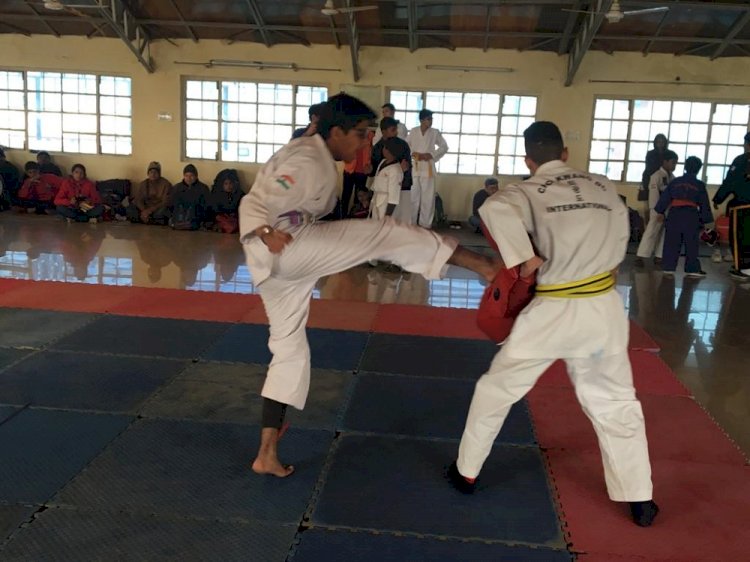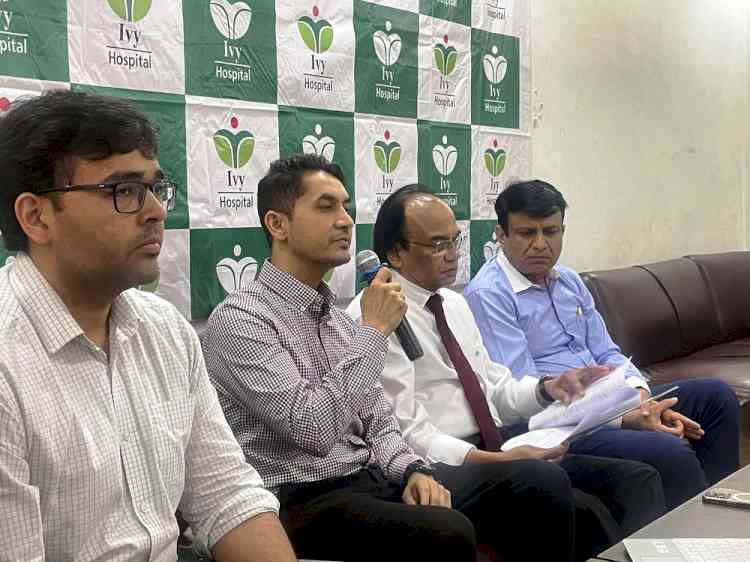Rice breeding programme will stop working on varieties of long duration, but will focus on medium maturity duration

Ludhiana, November 24, 2019: A special meeting was held at Punjab Agricultural University (PAU) to review and reorient rice and maize improvement programmes in light of paddy straw management, crop diversification and water saving.
The meeting, held under the chairmanship of Dr Baldev Singh Dhillon, Vice Chancellor, PAU, was attended by Dr Navtej Bains, Director of Research; Dr JS Mahal, Director of Extension Education; Dr KS Thind, Additional Director of Research (Crop Improvement); Dr GS Mangat, Head, Department of Plant Breeding and Genetics; and faculty of Rice and Maize Sections of the Department of Plant Breeding and Genetics.
It was decided that the rice breeding programme will stop working on the varieties of long duration, but will focus on medium maturity duration (the maturity duration of PR 121) i.e., 110 days (post-transplanting duration). Further, the seed production of PR 122 (which takes 117 days to mature) will be stopped from 2020. Emphasis would be increased on breeding varieties suitable for direct seeding (DSR). Here too short duration varieties will be preferred. In view of spread of Basmati cultivation fromthe traditional zone to new areas, where manual harvesting is not practiced, it was decided to promote cultivation of shorter duration Pusa Basmati 1509 rather than long duration Pusa Basmati 1121. PAU is in the process of developing new strains of Basmati which are one week earlier in maturity than Pusa Basmati 1121.These are at final stage of testing and if found suitable, multiplication and release will be accelerated. PAU would also actively pursue the deregisteration of Pusa 44, the longest duration variety of rice (130 days, post transplanting).
Diversification away from rice is urgently required in the present situation and the meeting demarcated important steps that need to be taken for strengthening the most important diversification option, that is maize. The maize breeding work at PAU was sought to be strengthened by provision of two additional posts (Maize Breeding) for strengthening research on long duration hybrids and speciality (pop, sweet, baby, waxy, high oil) maize and one post for research on precision agronomy at main campus at Ludhiana by diverting positions from other crops. The maize research team would also associate scientists from Farm Engineering departments to provide improved farm mechanization and processing technologies. Likewise one scientist each at Regional Research Stations at Gurdaspur and Ballowal Saunkhri will be associated with maize as their priority area of research. It was also decided to send scientists to advance institutes such as CIMMYT, Mexico for training on accelerated inbred line development and identification of material with potential for high yield under Punjab conditions.
It was decided to work with the farmers for implementation of improved package of maize cultivation practices aimed at narrowing the gap in economic returns vis-à-vis rice. Interventions would include quality seeds and precise sowing (e.g., with pneumatic planters) to ensure optimal plant followed by effective and integrated nutrient and pest management to ensure higher yield.
The experts expressed concern about Fall army worm (FAW), which appeared in epidemic form in South India in May 2018 and whose serious incidence has been recorded at many places in Punjab this year. To combat this pest, crop planning was proposed as a mandatory step. It was decided to restrict the period of sowing of forage maize in the Package of Practices to 15 April to 15 August instead of 15 March to 15 September recommended earlier. Further, forage crop sown from 15 April to 25 May should be sown as maize and Bajra mixed crop to check FAW infestation.

 cityairnews
cityairnews 
















